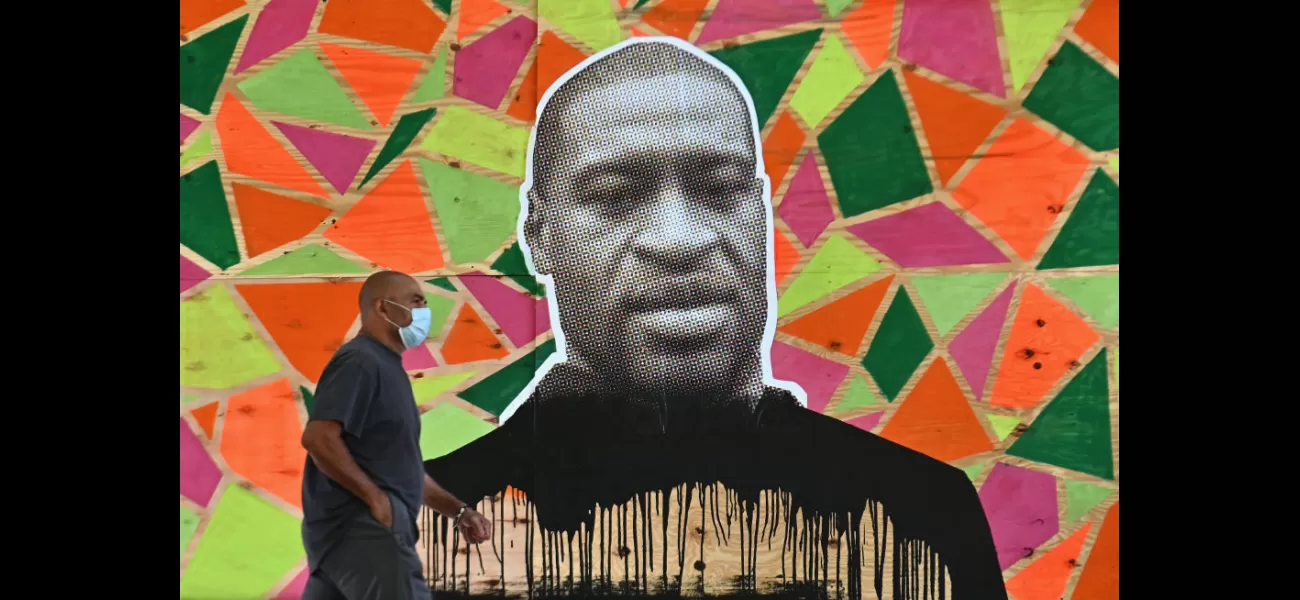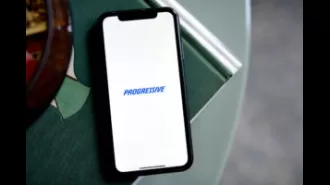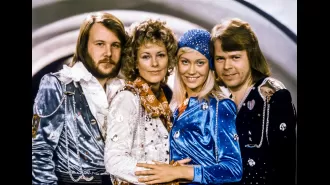Lawsuit claims George Floyd Scholarship broke civil rights law.
School should compensate students unable to receive George Floyd Scholarship due to discrimination, according to foundation founder.
April 3rd 2024.

A college in Minnesota is currently facing a lawsuit over their George Floyd Memorial Scholarship. This scholarship, offered at North Central University in Minneapolis, has been accused of violating the Civil Rights Act. The conservative nonprofit Equal Protection Project of the Legal Insurrection Foundation has filed a complaint, claiming that the scholarship goes against Title VI of the Civil Rights Act of 1964. This act prohibits any form of discrimination based on race, color, and national origin in programs and activities that receive federal financial assistance.
According to the school's website, in order to be eligible for the scholarship, applicants must be Black or African American, meaning they have origins in any of the black racial groups of Africa. This has automatically disqualified any applicants who do not fall into this racial category. The scholarship was implemented in 2020, with North Central President Scott Hagan stating that it was a way to invest in the future of young black Americans and help them become leaders in our nation.
However, the foundation behind the lawsuit has a different perspective on the matter. Founder William Jacobson stated that the scholarship's eligibility requirements are openly discriminatory based on race. He believes that regardless of the intention behind the discrimination, it is still wrong and against the law. He even proposed a plan to compensate students who were unable to apply for the scholarship due to this discrimination.
The foundation's mission is to advocate for free expression and academic freedom on college campuses. The lawsuit also brings up the possibility of criminal consequences for the scholarship, as it goes against the civil rights protections of Minnesota's Human Rights Act. According to this act, it is a criminal offense for an educational institution to limit access to any educational program based on race.
Jacobson also mentioned the Supreme Court's decision to overturn affirmative action in 2023, which marked the end of race-conscious admissions systems at colleges and universities. In a dissenting opinion, Liberal Justice Kentanji Brown Jackson, one of the two Black justices in the high court, disagreed with Justice Clarence Thomas. While Thomas suggested treating people as more than just their experiences and challenges, Jackson argued that it is Thomas who shows an obsession with race consciousness. She stated that our country has never been colorblind.
Jacobson agrees with Chief Justice Roberts' view that eliminating racial discrimination means getting rid of all of it. He believes that the university should know better than to offer scholarships that exclude students based on their race, especially when their own nondiscrimination policies forbid it. He questions why the university is not living up to its own rules.
As the lawsuit continues, the scholarship is still accepting applications for the 2024-25 academic year, with the recipient being chosen by June 2024. It remains to be seen how this lawsuit will affect the future of the George Floyd Memorial Scholarship and its eligibility requirements.
According to the school's website, in order to be eligible for the scholarship, applicants must be Black or African American, meaning they have origins in any of the black racial groups of Africa. This has automatically disqualified any applicants who do not fall into this racial category. The scholarship was implemented in 2020, with North Central President Scott Hagan stating that it was a way to invest in the future of young black Americans and help them become leaders in our nation.
However, the foundation behind the lawsuit has a different perspective on the matter. Founder William Jacobson stated that the scholarship's eligibility requirements are openly discriminatory based on race. He believes that regardless of the intention behind the discrimination, it is still wrong and against the law. He even proposed a plan to compensate students who were unable to apply for the scholarship due to this discrimination.
The foundation's mission is to advocate for free expression and academic freedom on college campuses. The lawsuit also brings up the possibility of criminal consequences for the scholarship, as it goes against the civil rights protections of Minnesota's Human Rights Act. According to this act, it is a criminal offense for an educational institution to limit access to any educational program based on race.
Jacobson also mentioned the Supreme Court's decision to overturn affirmative action in 2023, which marked the end of race-conscious admissions systems at colleges and universities. In a dissenting opinion, Liberal Justice Kentanji Brown Jackson, one of the two Black justices in the high court, disagreed with Justice Clarence Thomas. While Thomas suggested treating people as more than just their experiences and challenges, Jackson argued that it is Thomas who shows an obsession with race consciousness. She stated that our country has never been colorblind.
Jacobson agrees with Chief Justice Roberts' view that eliminating racial discrimination means getting rid of all of it. He believes that the university should know better than to offer scholarships that exclude students based on their race, especially when their own nondiscrimination policies forbid it. He questions why the university is not living up to its own rules.
As the lawsuit continues, the scholarship is still accepting applications for the 2024-25 academic year, with the recipient being chosen by June 2024. It remains to be seen how this lawsuit will affect the future of the George Floyd Memorial Scholarship and its eligibility requirements.
[This article has been trending online recently and has been generated with AI. Your feed is customized.]
[Generative AI is experimental.]
0
0
Submit Comment





